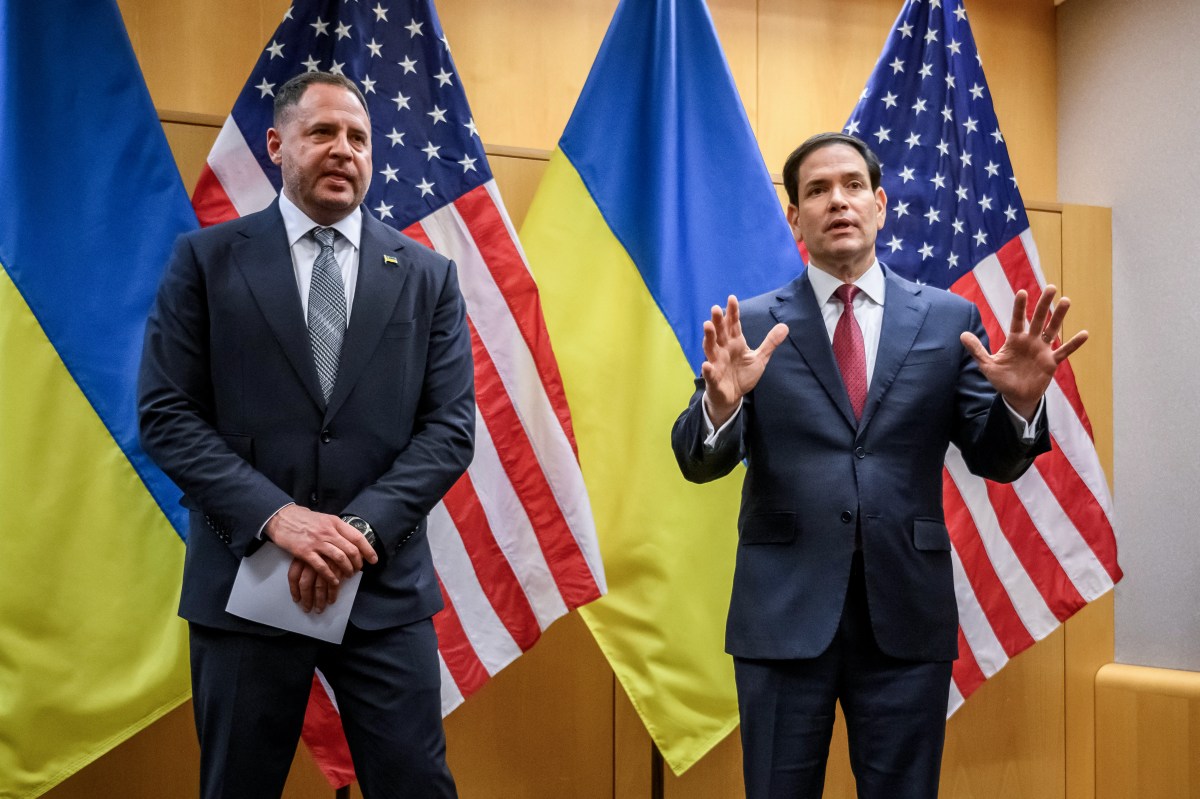Russia certainly has a battlefield advantage because it is a far larger military power than Ukraine, with deeper domestic resources across weaponry and manpower. But there is little more than a stalemate in eastern Ukraine, with Russia making small advances against a fierce defense by Kyiv’s Western-supplied forces.
Ukraine is also imposing a cost on the Russian oil sector with regular strikes on key pieces of infrastructure at the heart of Moscow’s war economy.
There is little prospect of Ukraine winning the war against Russia without direct Western intervention, which is very unlikely to happen short of Moscow launching war on NATO too.
Yet Russia’s path to victory is also long and uncertain, analysts say. The D.C.-based Institute for the Study of War (ISW) think tank said in its latest assessment that Russian forces are “unlikely to seize without several years of campaigning” all the territory in Donetsk Oblast alone.
“The Kremlin has been doubling down on the false narrative that Russian battlefield successes are so widespread that a Russian victory is inevitable,” the ISW said. “ISW continues to assess that a Russian victory is not inevitable and that the ‘realities on the ground’ show that Russia faces many obstacles in its path to seizing the rest of Donetsk Oblast.”
Ukraine’s defense relies on the continuing support of Western partners through supplies of military aid, training, and intelligence sharing. The U.S. is vital to this, but the Trump administration could pull its support, as it has threatened before, if it sees no realistic path to peace, which would increase the likelihood of an eventual Russian victory if the war continues.
But it is important to keep in mind what Russian President Vladimir Putin set out to do originally in February 2022: Conquer the whole of Ukraine and topple the government in Kyiv within days. That original mission failed, and Russia has paid a heavy price to wage a years-long war that has seen hundreds of thousands of casualties, caused deep pain to its economy, and isolated it from most of the West.
